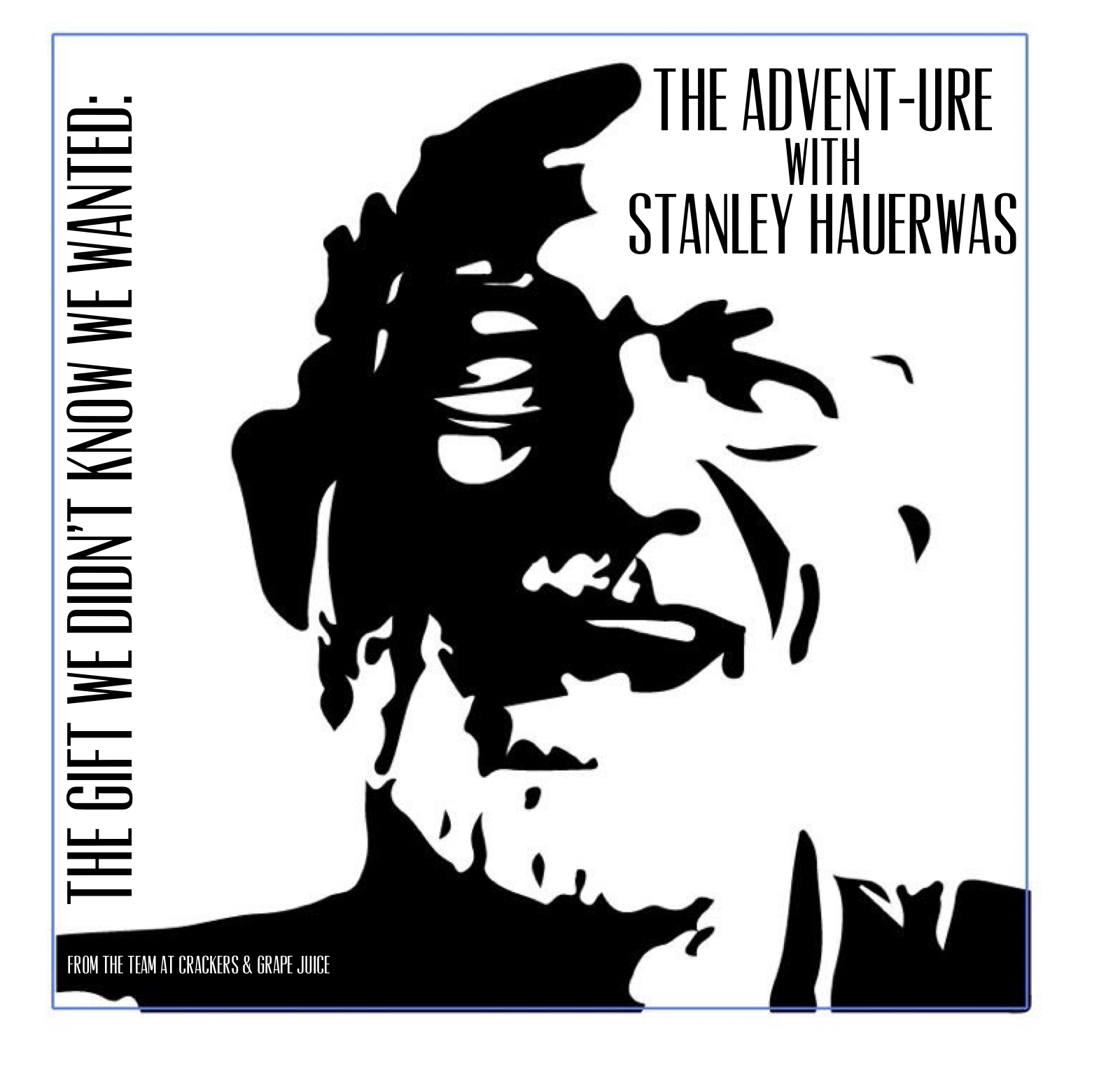
 In 1850, Harriet Beecher Stowe, author of Uncle Tom’s Cabin, wrote a story called “Christmas” wherein the main character gripes, “Christmas is coming in a fortnight, and I have got to think up presents for everybody! Dear me, it’s so tedious and wasteful!” To which, her Aunt responds, “…when I was a girl presents did not fly about as they do now. Christmas was more spiritual and less materialistic when I was a girl.”
In 1850, Harriet Beecher Stowe, author of Uncle Tom’s Cabin, wrote a story called “Christmas” wherein the main character gripes, “Christmas is coming in a fortnight, and I have got to think up presents for everybody! Dear me, it’s so tedious and wasteful!” To which, her Aunt responds, “…when I was a girl presents did not fly about as they do now. Christmas was more spiritual and less materialistic when I was a girl.”
Likewise, in his book The Stations of the Sun: A History of the Ritual Year in Britain, Ronald Hutton cites diary entries as far back as 1600 describing Christians’ habits of spending and gift-giving, but also their complaints about the rising costs of Christmas meals, Christmas entertainment, and Christmas gifts. Bemoaning what we’ve done to the Christmas tradition is apparently a Christmas tradition at least 400 years old. It leads me to wonder if the Magi spent their trip back from Bethlehem complaining about the cost of the myrrh.
If Stanley Hauerwas is right in asserting that our actual god is whatever we’re willing to die for (he has in mind nationalism) then perhaps it follows to suggest that our true fealty is found in that which we kill ourselves pursuing.
In the Church, Advent is often called the season of expectation, but really, inside as much as outside the Church, Advent is the season of exhaustion. We kill ourselves buying presents, sitting our kids on Santa’s lap, and decking the halls. Some people still send Christmas letters. And now we’ve got to defend our castles from porch pirates to boot.
You never hear people during Advent kvetch about all the church services they have to check off the box during this season. There’s Lessons and Carols next Sunday, and then Christmas Eve and Christmas Day services! The Children’s Pageant and the Living Nativity! How will I fit it all in?!
Queen Gertrude was spot-on. Methinks we doth protest too much. The lamentations we lodge during Advent about spending and materialism reveal our real priorities.
It’s a safe bet that most of us— Christians included— would feel far more guilty if we neglected our Christmas shopping than if we neglected to go to church on Christmas.
This begs the question:
Why should we go to church on Christmas?
(For that matter, why should we go to church at all?)
What can you receive at church on Christmas that you can receive nowhere else?
What can you get at church no one else can give you?
The answer, of course, is Jesus Christ.
Only at church, only where the Word is preached and the sacraments are rightly celebrated, can you receive Jesus Christ himself.
And everything that belongs to him.
I shouldn’t have said “of course” because, of course, I realize it’s not at all obvious from the preaching and teaching of many Christian churches that what they have to offer you is not a purpose, a politics, or principles for daily living but Jesus Christ himself and everything (his righteousness, his sonship, his faithfulness, his resurrection, his Father’s eternal love) that belongs to him.
As Phillip Cary observes, at the heart of so much Christianity is a strange and self-negating sort of absence. We gather on the sabbath only to hear about what happens elsewhere.
In both overt and unintended ways, many churches signal that revelation happens everywhere but the font, altar, and pulpit. God’s out there, on the move, and it’s our job to find him and join him, we exhort. God happened in Jesus Christ, we say— and note the past tense, whose teaching and example we can imitate in our own personal lives and social causes. Consider the three-point application sermons “preached” in many churches. With our alliterative three-point life-application sermons, we not so subtly imply that the real stuff of Christianity happens not on Sunday morning but in our Monday through Friday.
Every Advent, as Stanley Hauerwas writes in Minding the Web, we’re reminded that Mary and Joseph are not ideas. They’re real people who made decisions upon which our faith depends. Our faith depends upon Mary’s yes back then because faith is the means by which we receive the fullness of her son in the here and now. Just as Mary and Joseph are not ideas, the Gospel is not a timeless set of ideas. The Gospel is not a school of philosophy or, even, a way of life. It’s a promise.
The Gospel is a particular kind of promise, in fact.
The Gospel is the promise by which Christ gives himself to us.
“We come to church to serve rather than be served” is a cliche only made possible by a Christianity that’s forgotten to take God at his word (“This is my body, given for you…those who eat my body and drink my blood abide in me and I in them…”)
What makes Christ present in creatures of bread and wine is the same promise of the Gospel proclaimed from the pulpit— the same promise we sing in our beloved Christmas carols. The reason this is the season of comfort and joy is because the promise itself gives us Christ himself. Of all the times of the year, Christmas is the season when Christians should be insisting that it’s better to receive than to give.
Exhortative and practical sermons alike are ultimately boring, Phillip Cary argues, because they obscure from us how what’s present to us in the promise of the Gospel, even if we are nothing but unimpressive, ordinary Christians, is greater than all the possible experiences in the world. Like a bride to his groom, what we receive by the promise of the Gospel is Jesus Christ.
“Nothing less than Christ himself,” Cary summarizes the Protestant message, “is what all believers receive by faith alone.”
By faith in the promise we are united with Christ, which means both that he lives in us and that we live in him. He dwells in our hearts, by faith in this promise called the Gospel. God is not far away in heaven nor is God off at work in the world. God is in his Word and the Word that takes flesh in Mary’s womb still attaches itself to flesh. To the words of absolution on a preacher’s lips. To creatures of water, wine, and bread. It’s the promise that’s the sacrament.
The Gospel is the promise by which Christ gives himself to us.
This is why the Bible teaches that salvation comes by hearing and why there is no salvation outside of the church— because Jesus Christ is salvation and he comes to us the same way he came to Israel, by the announcement of a promise: “For you is born this day in the City of David…he will save his people from their sins…”
So I invite you to church this Christmas.
We only have one gift to give, but, like loaves and fishes, it’s a gift that can be infinitely distributed. And because only Christ, the Alpha and the Omega, is without beginning or end, he’s the only gift you can receive that will keep on giving.
